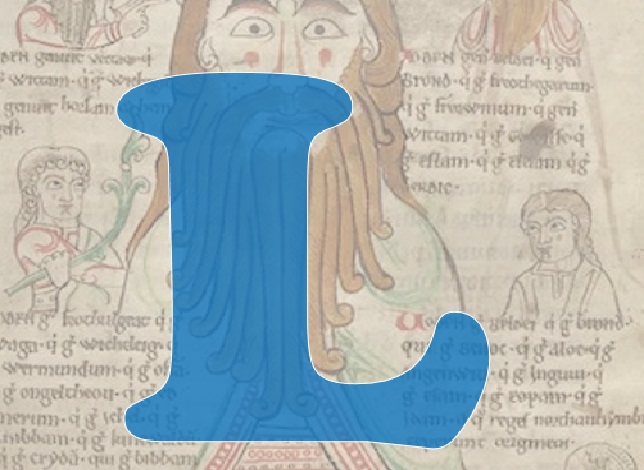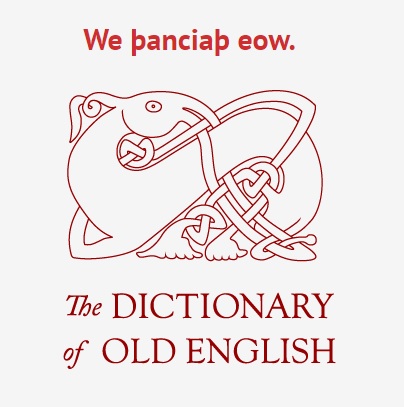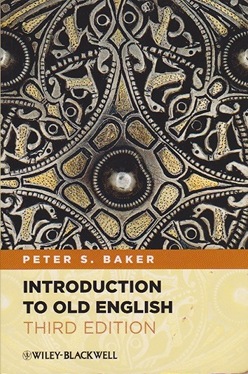Old Engli.sh
The Portal to the Language of the Anglo-Saxons
About Old-Engli.sh
The website www.Old-Engli.sh is dedicated to the Anglo-Saxon language. It offers study tools, news on current linguistic research and resource development, a link directory, text editions, trivia articles and more.
About the Anglo-Saxon Language
Old English (OE) is the term used collectively for the earliest dialects of the English language, spoken by the Angles, Saxons and Jutes in England from c. 400-1150. The first OE records date from c. 700 and all in all more than 1,000,000 word tokens in over 400 manuscripts have come down to us. OE prose boasts a wide variety of genres, ranging from legal and religious texts over historical, medical or scientific writing to fiction. The surviving OE poems, such as Beowulf or the Battle of Maldon, are among the finest examples of early Germanic legend and heroic poetry.
About Me
I'm a lecturer in English language and Linguistics at the University of Manchester. I'm maintaining this webpage on the side as a hobby. You can find out more about me by clicking on the My Research tab in the top menu.
Welcome to Old-Engli.sh!
| Đeah þe earm friond lytel sylle, nim hit to miccles þances. |
| 'Though a poor friend might give you a little, take it with great thanks.' |
(Old English Distichs of Cato, Dict No. 13) |
The latest Old-Engli.sh News |
February 2023 | |
 Old English words with the letter L in front of a head of the god Woden from a 12th century manuscript | |
The Dictionary of Old English (DOE) 2022 Progress Report has been published. Its most important update concerns word entries beginning with the letter L. The report further details events after the pandemic, including a sad passing, many studious exchanges, and solid financing. | |
January 2022 | |
 Logo of the DOE's Adopt-a-Word funding campaign with the Old English for "We thank you." | |
The Dictionary of Old English (DOE) 2020 progress report has been published. It showcases the DOE's achievments, which are all the more impressive given the challenges associated with the COVID-19 pandemic. Notable updates concern words starting with the letter L as well as new staff members and funding. | |
Old English Trivia of the Day |
Article for Tuesday 3 February 2026 | |
 | |
The infinitive after to had an inflectional ending in Old English. | |
Study Anglo-Saxon! |
Old English Language | |
 An Old English dictionary that's easy to use and accurate | |
Old-Engli.sh offers its own dictionary page. This online Old to Modern English glossary is simple, comprehensive and ideally suited for the translation of original Old English texts. | |
Old English Documentaries |
Produced in 1992 | |
 Before Babel A BBC-Horizon documentary | |
A BBC documentary on language reconstruction, the discovery of the Indo-European language family (of which (Old) English is a member), the hypothesis of language superfamilies and the notion of a mother tongue of all human languages spoken today. | |
Today's Featured Link |
Old English Language Study - Study aids | |
Old English Aerobics Old English Aerobics provides on-line Old English texts, exercises and a glossary. It forms the supplementary materials of Peter Baker's book Introduction to Old English. http://www.oldenglishaerobics.net/ |  |
Find here a collection of free,
downloadable Old English text editions and translations, including Apollonius
of Tyre. Ælfric's Catholic Homilies, Biblical Translations, The Anglo-Saxon Chronicle and
many other texts.
Continue...